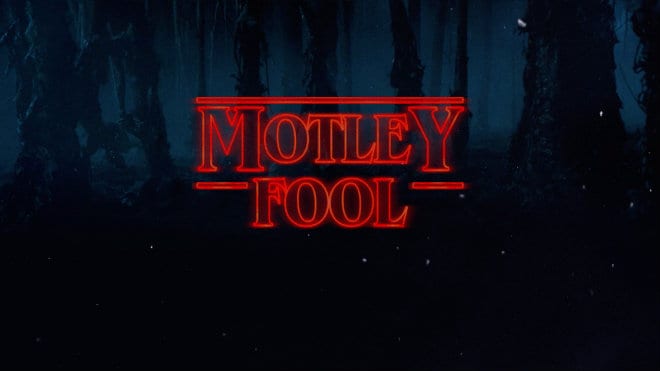On YouTube right now, there’s a great video of Duncan Weldon – Newsnight’s former economics editor – fulfilling a promise that he made last September. Specifically, that he’d eat his shoe if the Bank of England’s next interest rate move was downwards.
Well, it was downwards: to 0.25%. And with strong hints from deputy Bank governor Ben Broadbent that it could go even lower if the economy’s post-referendum funk continued, we won’t know for several months whether 0.25% marks the bottom or not.
So yes: Mr Weldon consequently tucked into a canvas-filled toastie. And judging from the evidence on YouTube, it wasn’t very appetising.
Strange times
Out there in the wide world of savers, the feeling is reciprocated. Seven years of Bank Rate at a historic multi-century low of 0.5% – and then the next move is even lower?
These surely are uncharted waters.
And in more senses than one. A day or so after the Bank Rate cut, a thoughtful article in the Economist pointed out that the yield on ten-year government bonds – or gilts – is now around three percentage points lower than the FTSE All-Share’s dividend yield. Prior to the 2008 financial crisis, it would have been as many points higher.
Put another way, bank deposits, gilts and bonds used to offer high yields in exchange for slower capital growth. No longer: indeed, in some economies, nominal bond yields have recently been negative in recent weeks.
Worse, of course, if you also factor in inflation, then that’s been true of real, inflation-adjusted returns for some time.
Markets aren’t cheap
All of which puts investors in something of a quandary.
If bank deposits, gilts and bonds are a no-no, then the smart place to put money must be shares, right?
Well, up to a point. But with the FTSE 100 at over 6,800 as I write these words – as compared to a 12-month low of 5,537 on February 11th – then an index tracker certainly doesn’t look to be a screaming buy right now.
No need to worry if you’re a drip-feeding monthly index tracker investor, of course: such volatility goes with the territory.
But right now, it’s undeniable that markets – and many leading FTSE shares – have fairly lofty valuations.
Where are the bargains?
So does that really take us full-circle? Namely, that there’s nowhere sensible to put money at the moment?
Far from it. For if major markets and major shares have valuations that are too high for your palate, there are still plenty of unregarded bargains out there.
As I wrote back in February, after picking up bargains when the Footsie sank to 5,537, there’s little wrong with a strategy of buying into temporarily battered and bruised businesses, especially when their malaise isn’t company-specific, but affects whole sectors.
Back then, it was oil, gas and mining companies – and their suppliers – which were the stocks feeling the pain.
Today? It shouldn’t be a surprise that the reason boils down to one word: Brexit. Post-referendum, the FTSE 250 index was clobbered, as were a number of FTSE 100 financial services firms. And while there’s since been something of a recovery, the share prices of a good number of individual businesses still look anaemic.
What to do, then?
Regular readers won’t be surprised at my reaction: look for well-managed, decent businesses, with (hopefully temporarily) battered share prices.
And the real point about Brexit – and with the oil and mining funk in the early part of the year – is that there will always be such opportunities.
The causal factors will vary, but some shares will always be cheap, and some will always be expensive. That’s the way that markets work.
Moreover, things can change – and quickly. A share can be on your watch list one week, and in your portfolio the week after.
So don’t be daunted. The bargains are there: go hunting.







